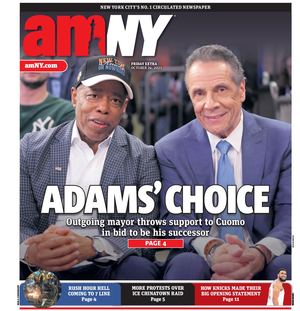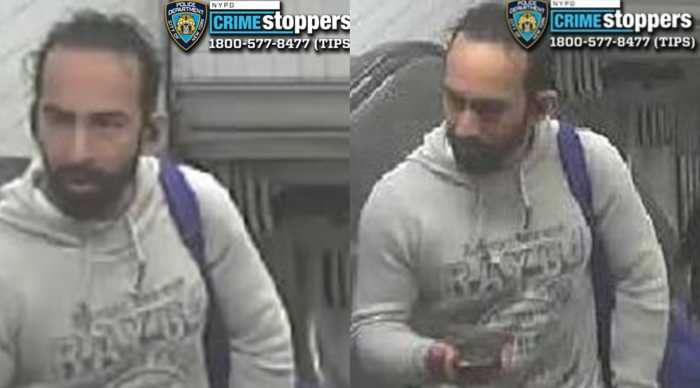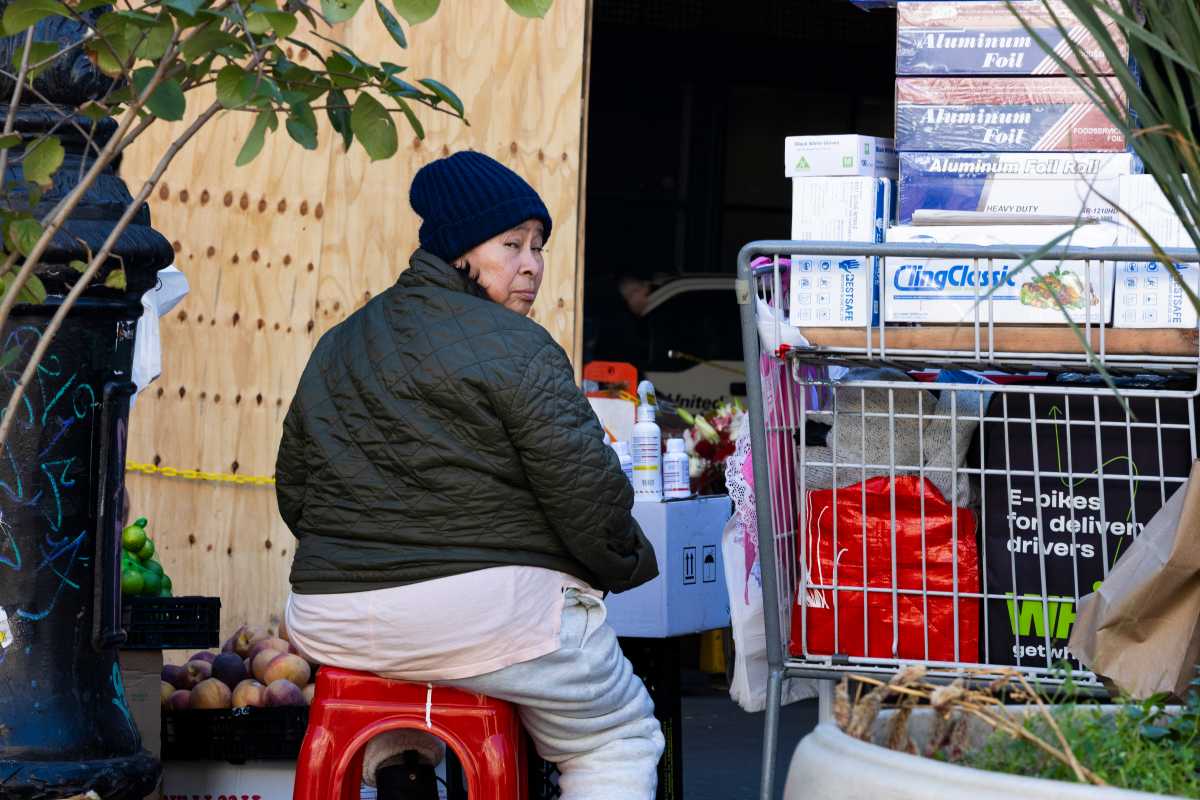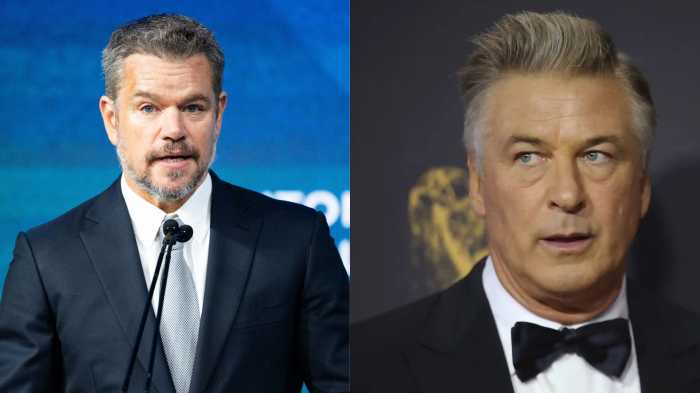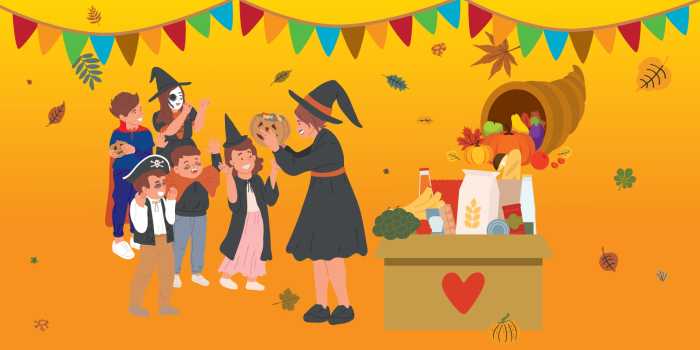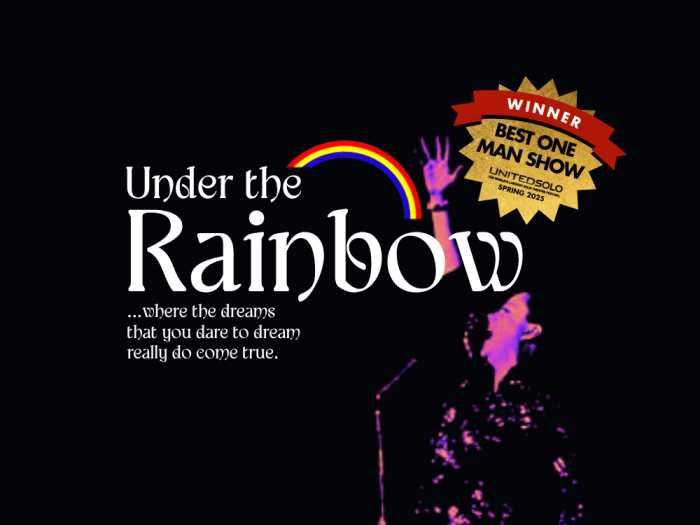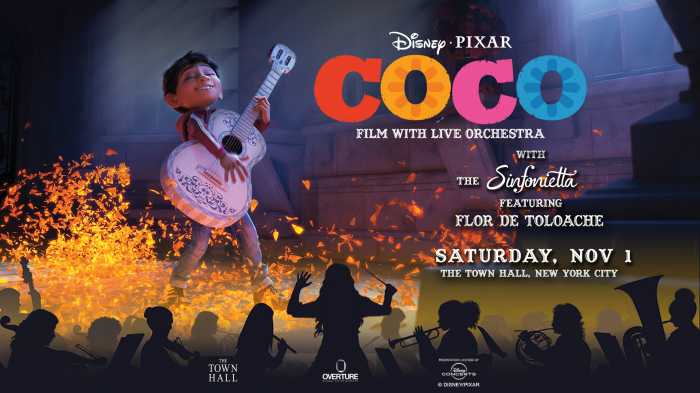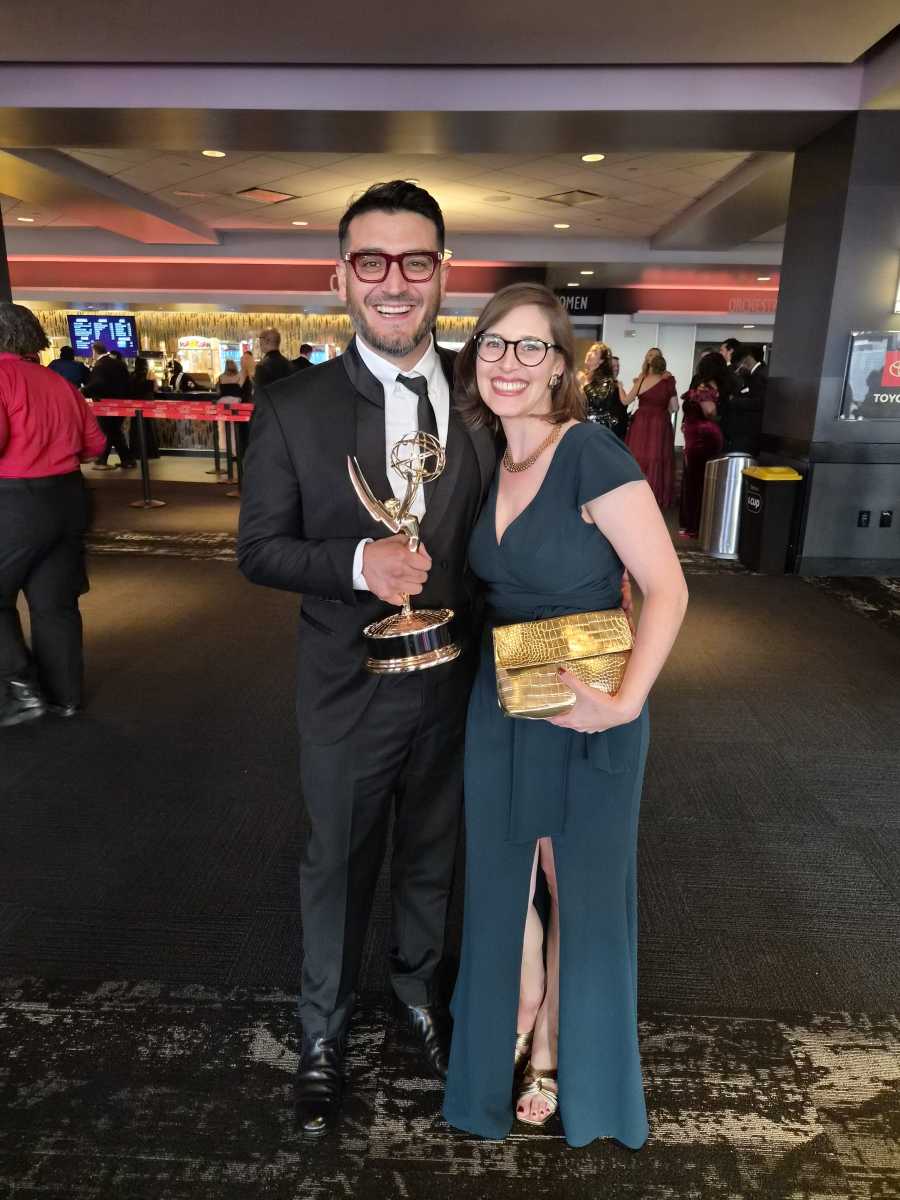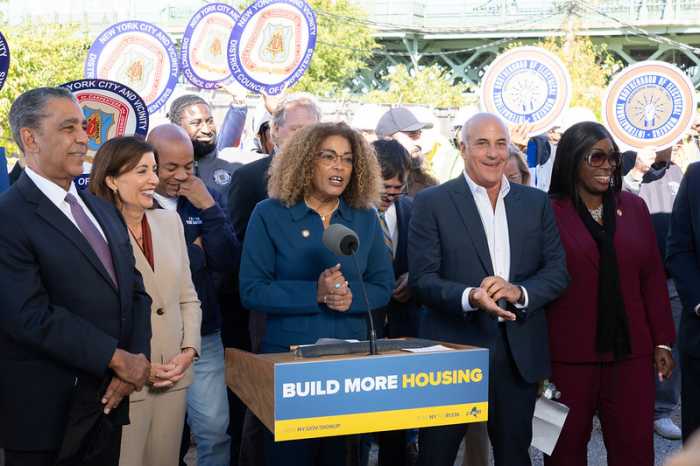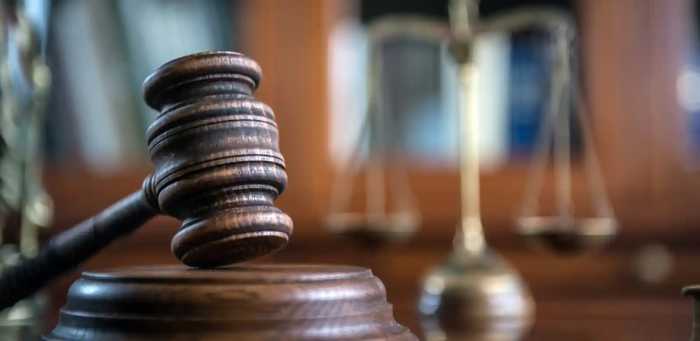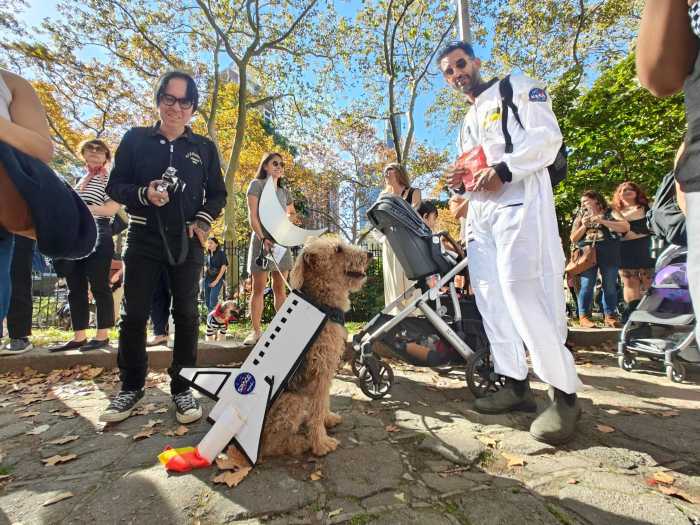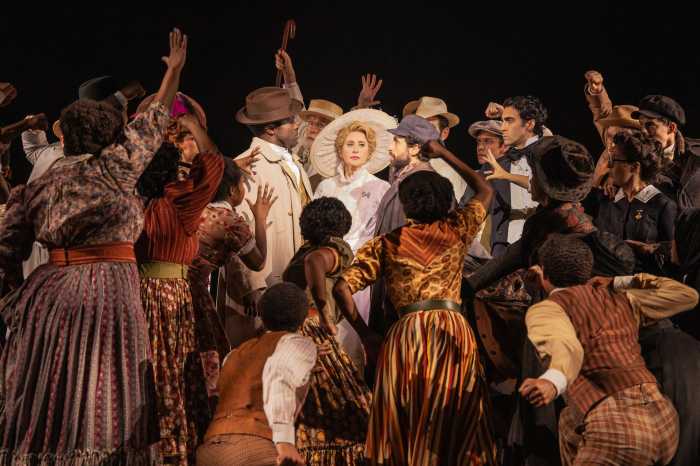BY ALINE REYNOLDS | Individuals who fell ill from 9/11 and are seeking financial compensation have plenty of free legal help they can count on.
That was the message delivered at Community Board 1’s World Trade Center Redevelopment Committee meeting on Monday, where Victim Compensation Fund Special Master Sheila Birnbaum discussed the assistance available to applicants who don’t necessarily have private legal backing to fill out their V.C.F. applications.
Since the V.C.F. opened last fall, Birnbaum and her team have received approximately 4,560 applications, more than half of which were submitted by first responders.
“As you know, in October when we got started, we had no employees, no office, no computers, no paper, no anything,” said Birnbaum. “I think we’ve come a long way since that time.”
At the meeting, Birnbaum introduced Frances Gottfried, who was recently appointed as director of the V.C.F.’s new New York City office, located at 290 Broadway. The office, which will primarily assist in doing outreach to prospective and current V.C.F. applicants, should be fully up and running by June, Birnbaum said.
“We’re going to try to continue to have a major pro bono effort in different parts of the communities in different ways, so people who don’t want to [hire private attorneys] will have access to pro-bono lawyers [and] law students,” said Birnbaum.
Since late last year, the V.C.F. has held three pro-bono legal clinics at metropolitan-area law schools and institutions. This week, the Fund is holding a three-day clinic at Cardozo Law School, and on Mon., May 7, the Fund will host a session at the New York City Bar Association. The attorneys and law school students that conduct the sessions help people fill out the necessary paperwork to apply for compensation.
Battery Park City resident Bob Schneck, a member of the W.T.C. Redevelopment Committee, is considering applying for compensation due to sinusitis and gastrointestinal reflux disorder he attributes to Ground Zero exposure. Schneck, who spent an afternoon at a clinic held at Columbia University Law School last month, voiced his appreciation for the technical assistance.
“I went through the process and found it to be challenging,” said Schneck. “The two student interns were very, very helpful.”
Once V.C.F. applicants have registered and completed the eligibility forms, they will be notified soon thereafter about their eligibility for compensation, Birnbaum said. She is advising applicants to hold off on completing the compensation forms, the final step of the process, until they receive word about their eligibility status, so that they don’t waste time filling out paperwork if they’re found to be ineligible.
“We have so far 912 people that have applied for eligibility for personal injuries,” said Birnbaum. “However, of those 912, less than 200 are what we call, ‘submitted.’”
To give some of the applicants a head start, Birnbaum has ironed out an agreement with the National Institute of Occupational Safety and Health, the federal agency administering the James Zadroga 9/11 Health and Compensation Act, such that those receiving care through the federal health program can send applicants’ pertinent medical information directly to the V.C.F. Those applicants will very likely be eligible for compensation, Birnbaum said.
More than half of the V.C.F. applicants thus far are receiving medical care at one of the W.T.C. Health Programs.
Birnbaum said she would make sure to refer all potential fraud claims to the U.S. Department of Justice.
“We want to make sure that the people that are getting the funds… are the people that were truly there and that are deserving of it,” said Brinbaum.
Committee member Marc Ameruso, a former first responder, inquired about the burden of proof placed on the applicants. Birnbaum assured that all applicants who have at least some evidence of being present at or near Ground Zero, whether through utility bills or an affidavit, will have a chance to receive compensation.
“This is not an adversarial process,” said Birnbaum. “We’re trying to be as inclusive as possible.”
The V.C.F. has also set up a telephone help line that has already assisted close to 3,000 people with application questions, according to Birnbaum. Special services are available for the hearing impaired and for those who are native Spanish speakers. The help line number is 1-855-885-1555. For more information, visit www.vcf.gov.
